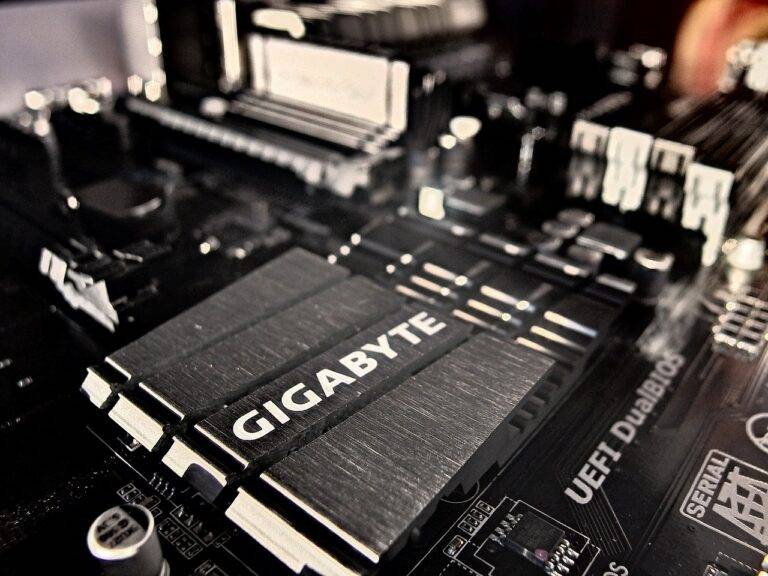The Potential of Quantum Computing in Astrophysics
Quantum computing harnesses the principles of quantum mechanics to perform complex calculations at an exponentially faster rate than classical computers. Instead of using traditional bits to represent information, quantum computers use quantum bits or qubits, which can exist in multiple states simultaneously. This unique property enables quantum computers to process vast amounts of data in parallel, offering extraordinary computational power.
One of the fundamental concepts in quantum computing is superposition, where a qubit can be in a state of 0, 1, or any proportion of both states simultaneously. This allows quantum computers to explore multiple solutions to a problem simultaneously, significantly speeding up computations. Another key concept is entanglement, where the states of two or more qubits are interconnected, leading to correlations that classical computers cannot mimic. These quantum phenomena form the foundation of quantum computing and set it apart from conventional computing methods.
Astrophysics and Quantum Computing: A Powerful Combination
The intersection of astrophysics and quantum computing has created a promising synergy that pushes the boundaries of scientific exploration. With the immense computational power and ability to process vast amounts of data simultaneously, quantum computing offers astrophysicists a new tool to tackle complex problems in understanding the universe’s mysteries.
Astrophysical simulations that were once constrained by traditional computing methods are now becoming more accurate and efficient with the integration of quantum computing techniques. By harnessing the principles of quantum mechanics, researchers can model phenomena such as black holes, dark matter, and gravitational waves with unprecedented precision and detail. The potential for groundbreaking discoveries in astrophysics fueled by advancements in quantum computing is an exciting prospect that holds the promise of unlocking new insights into the nature of our universe.
Quantum Computing Applications in Astrophysical Simulations
Utilizing quantum computing for astrophysical simulations presents a groundbreaking opportunity to explore complex phenomena that were previously computationally infeasible. Traditional computational approaches often struggle to accurately model the intricacies of celestial objects and their interactions. Quantum computing, with its ability to process vast amounts of data and handle multiple possibilities simultaneously, offers a promising solution to overcome these challenges.
By harnessing the principles of quantum mechanics, such as superposition and entanglement, researchers can simulate the behavior of astronomical systems with unprecedented speed and accuracy. This advancement paves the way for more detailed and realistic models, improving our understanding of black holes, gravitational waves, dark matter, and other cosmic enigmas. The marriage of astrophysics and quantum computing not only propels scientific discovery forward but also opens up new avenues for innovation in computational research methodologies.





